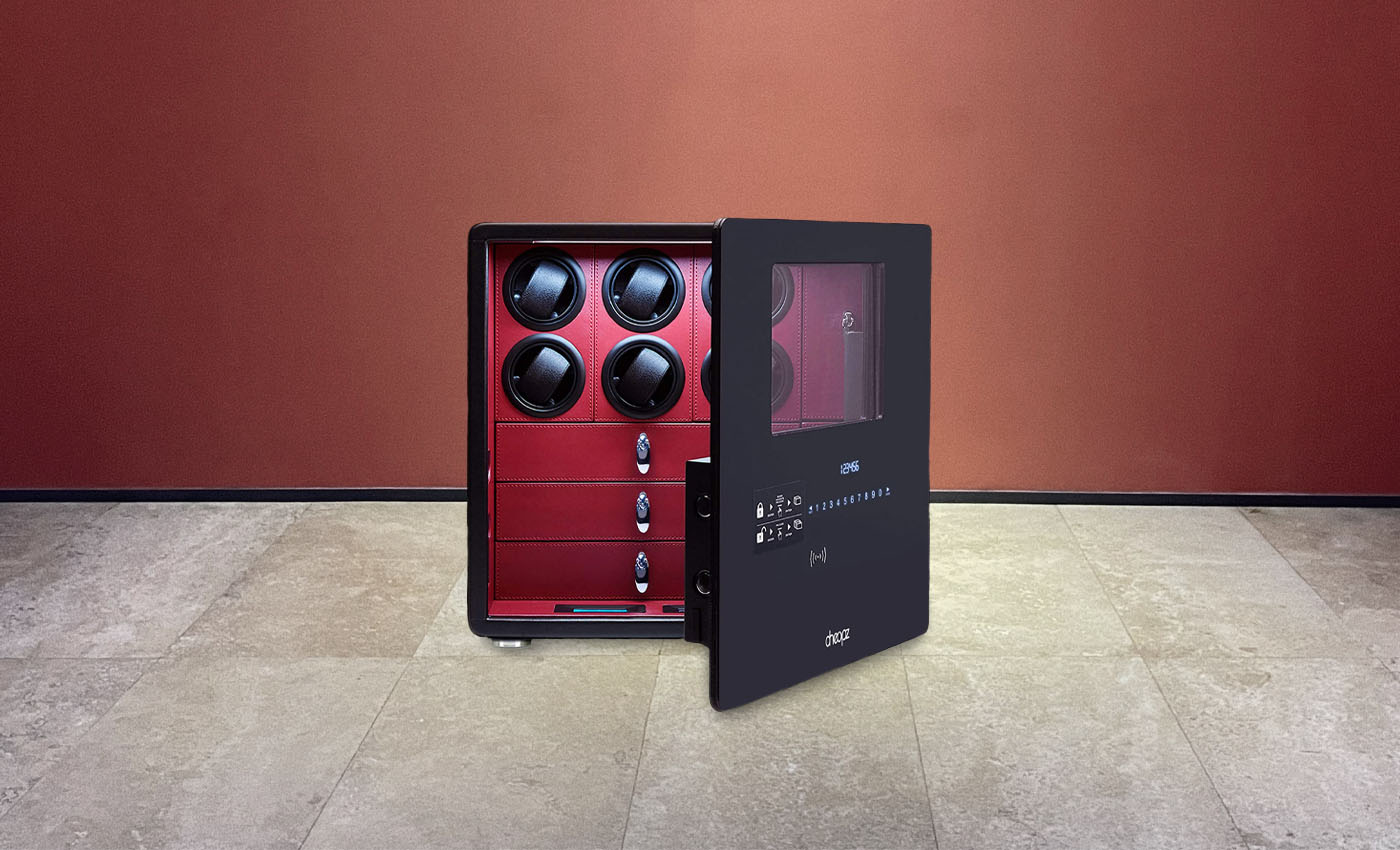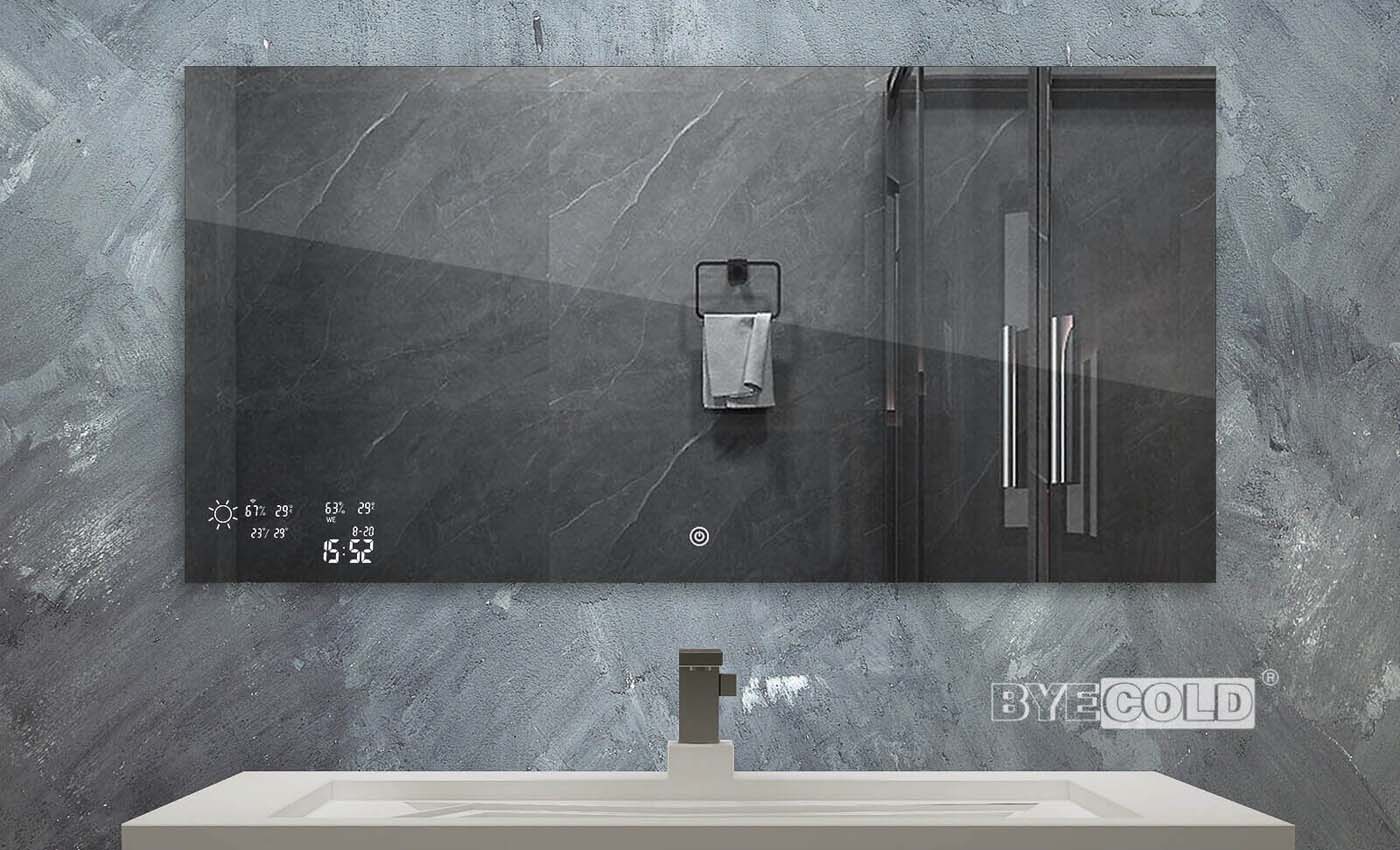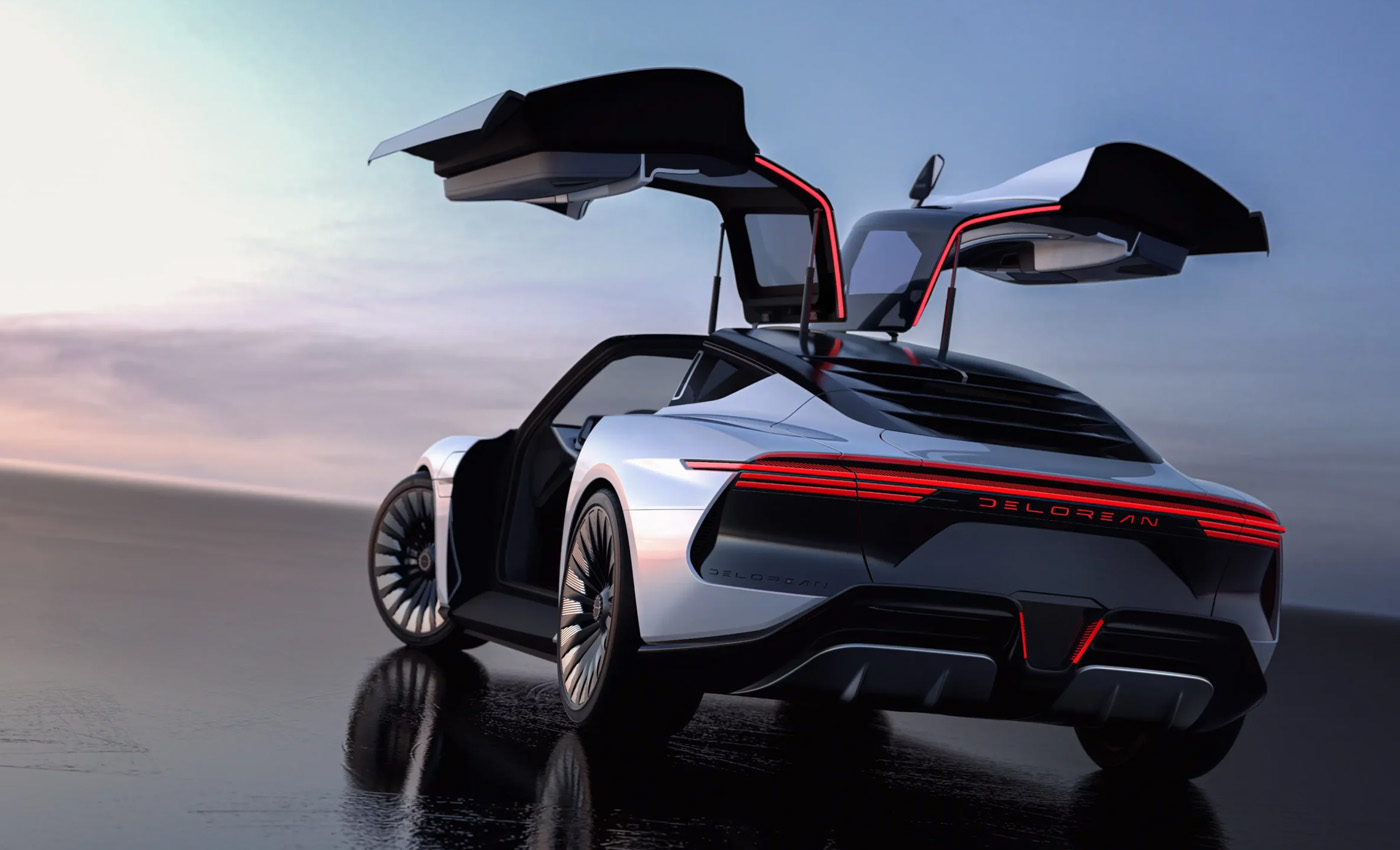Big Brands That Are Kickstarting the Metaverse
AR and VR present new ways for consumers to socialize and interact, and it seems that marketers are taking notice.
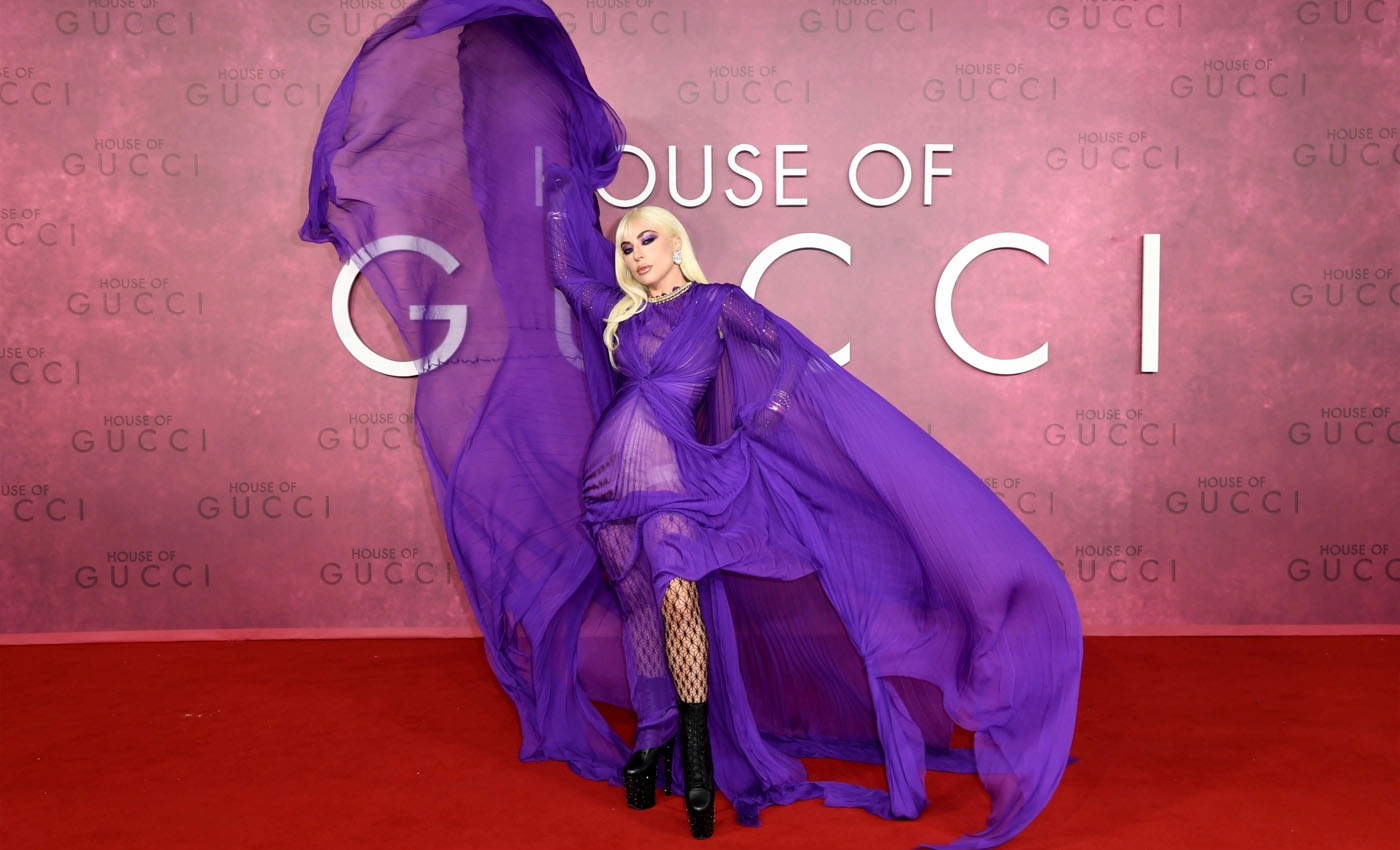
Getty Images
By TKS |
September 24, 2022
In a report by investment banking giant J.P. Morgan, revenues from the metaverse are expected to be over $1 trillion in the coming years. The same report admits that today’s version of the metaverse is still in its nascent stages. Those are mind-blowing numbers when you consider that over 1 billion active users are already embracing the technology.
AR (Augmented Reality) and VR (Virtual Reality) present new ways for consumers to socialize and interact, and it seems that marketers are taking notice.
What is the metaverse?
The internet is filled with millions of websites splintered across countless domains and platforms. This is where the metaverse comes into play. The hope is that it provides a virtual highway—powered by blockchain tech and augmented reality—resulting in a better and seamless browsing experience.
The highways of this metaverse are meant to be accessible on any device and offer lanes to gaming, music, socializing, shopping and even business applications.
The metaverse is considered to be the next step of the internet, commonly referred to as Web3. Part of Web3 utilizes AR and VR to provide more immersive and interactive experiences that should exceed what we have now.
Why the metaverse?
The metaverse is a growing industry that big brands embrace because they want to differentiate themselves from competitors. It’s a big step forward for how brands interact with their customers, as it provides a more engaging platform.
The promise is that by taking advantage of this new technology, companies can offer unique and exciting experiences to their customers, increasing customer loyalty.
Companies investing in the metaverse are represented by two sectors: the tech world and the consumer goods world. Basically, one funds the required technology and infrastructure, while the other creates new Web3 experiences to ensure they get a piece of the action.
Let’s take a look of some of the companies trying to stay ahead of the metaverse curve:
Meta
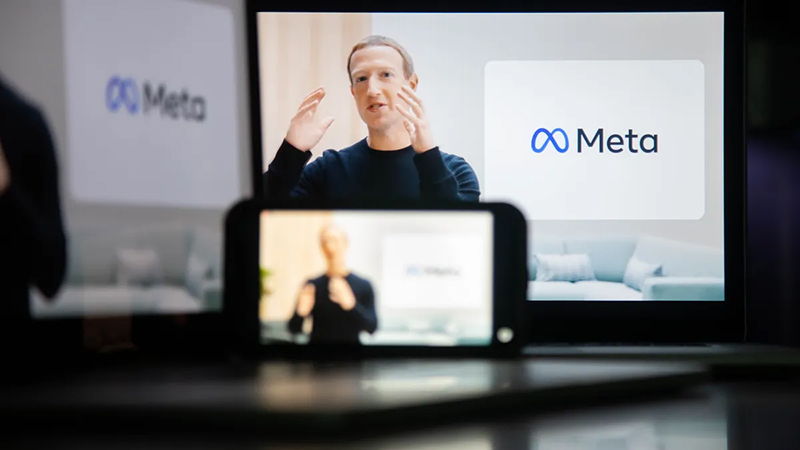
When Facebook CEO Mark Zuckerberg announced the change of their corporate name to Meta at Connect 2021, some suggested that this was the big bang event that officially kicked off the Metaverse. He stated that Meta’s mission would be to make the metaverse a reality so that people and businesses could benefit from mixed reality experiences. Their commitment to the metaverse includes a $10 billion investment in VR tech for further development of their VR social platform Horizon Worlds. Additionally, their Presence Platform aims to provide the building blocks for other companies and creators to create their own virtual environments.
Microsoft
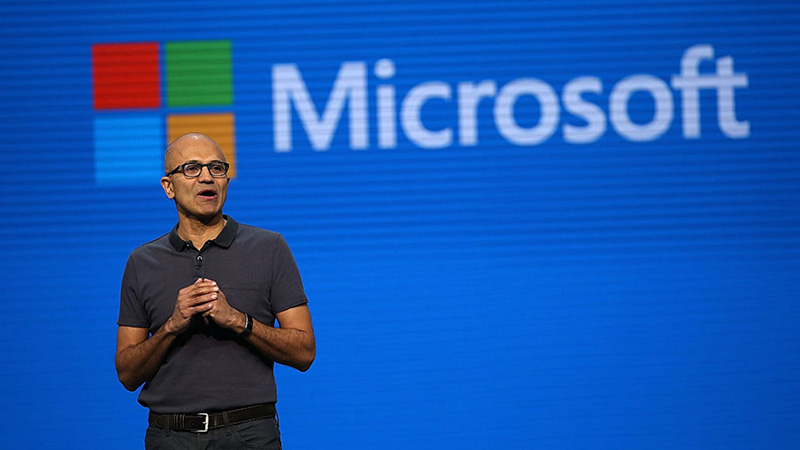
Microsoft’s plans for the metaverse include extending their business software suite with mixed reality through their own VR social platform, much like Meta’s Horizon worlds. Microsoft recently purchased Activision-Blizzard to compete in the metaverse market. The acquisition of the gaming giant brings along Activision-Blizzard’s 371 million active users, which is an excellent opportunity for Microsoft to establish its own presence in the metaverse. Combining that with their existing user-base of Windows, Office, and Xbox users, they believe they can take advantage of their huge audience.
Decentraland & The Sandbox

Both companies are trailblazers in the 3D blockchain metaverse. They utilize the Ethereum blockchain courtesy of Polygon, a layer 2 solution that facilitates token transfers. Decentraland’s MANA token is the primary token of their metaverse, while The Sandbox has its own token, SAND. Both browser-based platforms offer shared open worlds, where users can create and buy virtual plots of land and other digital goods like 3D characters and game assets. These assets are then turned into NFTs, which are bought and sold with the native tokens of each platform.
In March 2022, Decentraland hosted its first-ever Metaverse Fashion Week, featuring a collection of over 60 fashion brands and global creators. The blend of virtual and real-world fashion showcased the power of emerging metaverse platforms and their ability to merge the virtual and real worlds.
Nike
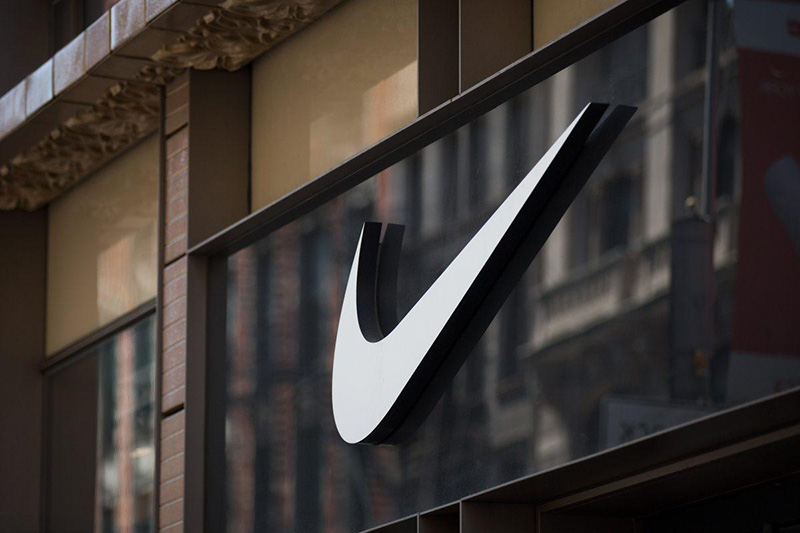
Tech giants aren’t the only companies interested in the potential of metaverse technology. In December 2021, Nike acquired RTFKT Studios, a platform that creates NFT apparel and footwear. The acquisition clearly indicates that Nike is interested in the metaverse and its potential to become a parallel universe for enhancing physical products.
President and CEO of Nike, John Donahue, stated, “We’re acquiring a talented team of creators with an authentic and connected brand. Our plan is to invest in the RTFKT brand, serve and grow their innovative and creative community and extend Nike’s digital footprint and capabilities.”
Gucci
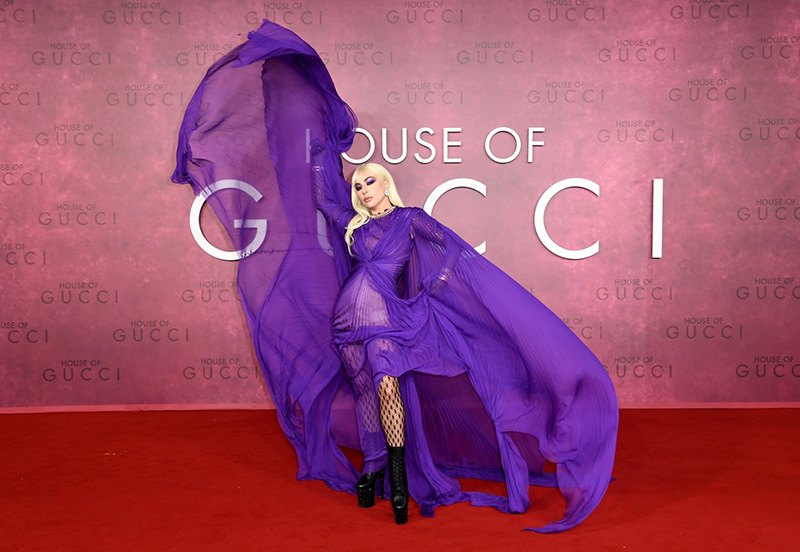
Fashion brands are taking notice of the potential of metaverse technology and the possibilities of creating digital products to enhance legacy brands. In May 2021, Gucci partnered with Roblox to debut Gucci Garden in the gaming platform’s virtual universe. The two-week virtuality reality event featured digital products by the iconic fashion house that Roblox’s Gen Z audience could purchase for their avatars.
Disney
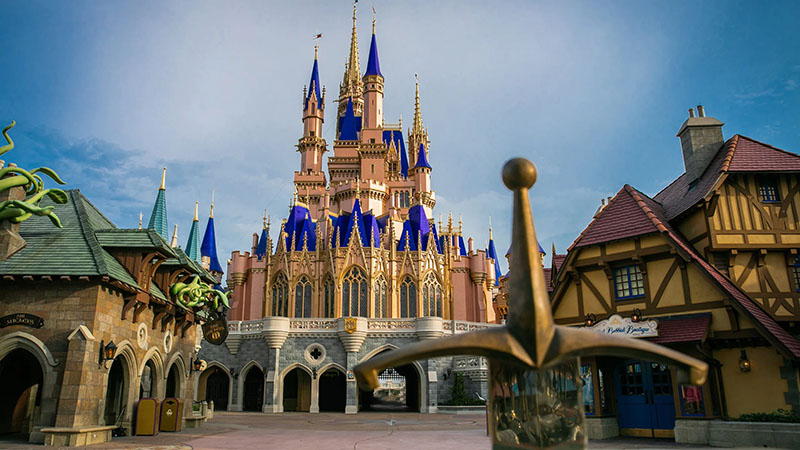
There could be no more perfect match than The Walt Disney Company, a pioneer in the entertainment industry with its iconic theme parks and media properties. Disney is looking to stake its claim in the metaverse with its own Virtual World Simulator, a patent for an augmented reality experience that projects holograms and 3D images onto real objects without needing 3D headsets, goggles or smartphones. In this new immersive technology, Disney aims to create a virtual world for its consumers, allowing them to interact with fictional characters and go on otherwise impossible adventures. This type of mixed reality is the ultimate form of conversion potential.
What’s next for the metaverse?
The odds are that tech giants and big consumer brands will lead the way in the early stages of the metaverse, with smaller brands and shops kicking cans until the concept matures.
But its still fair to wonder about how long will it take for the metaverse to become a significant force in business and commerce. And given how centralized things are now, will there be any pushback from governments against this change in the status quo?
With the growing interest in AR and VR and Web3 being touted as a force for decentralization, it seems like an unstoppable probability.

